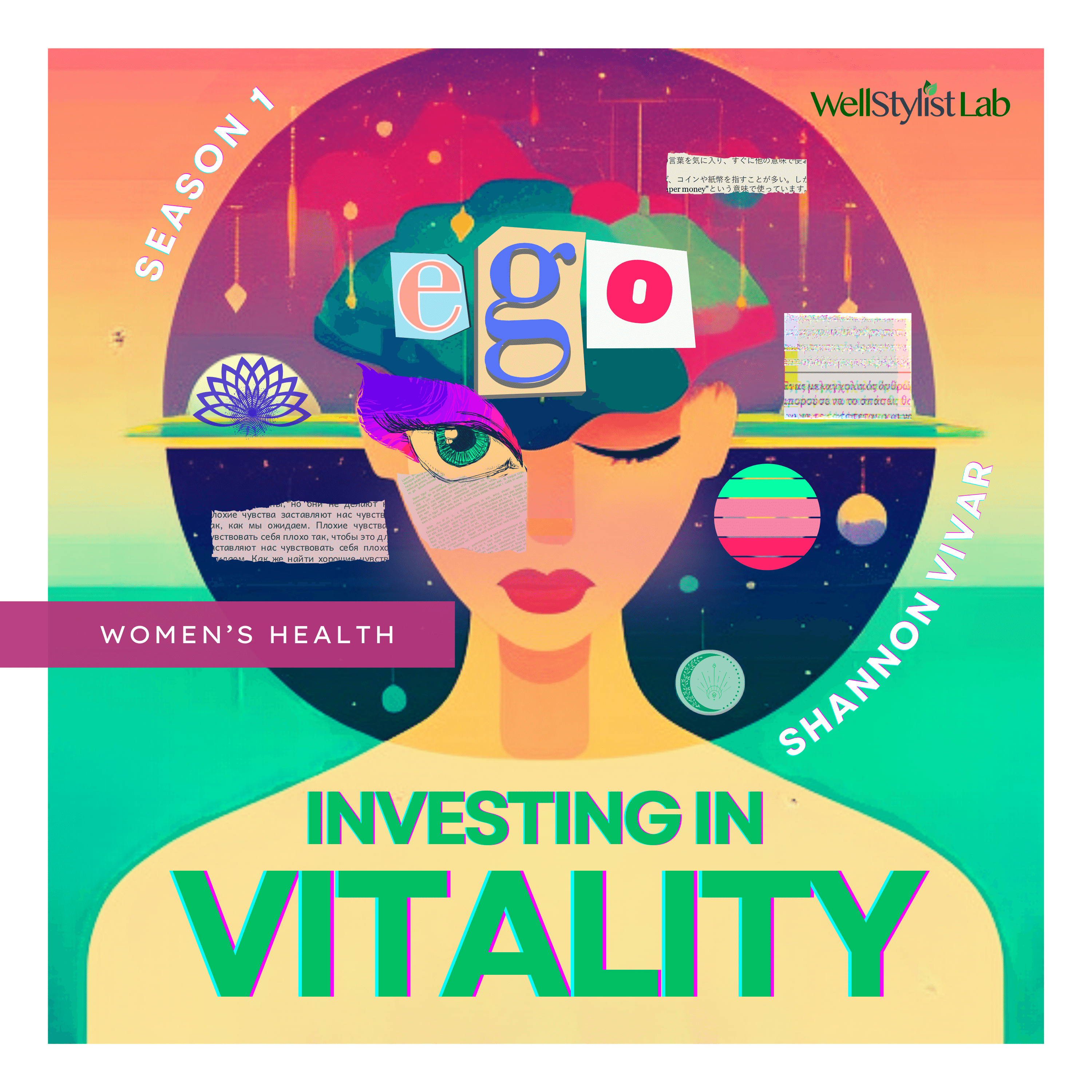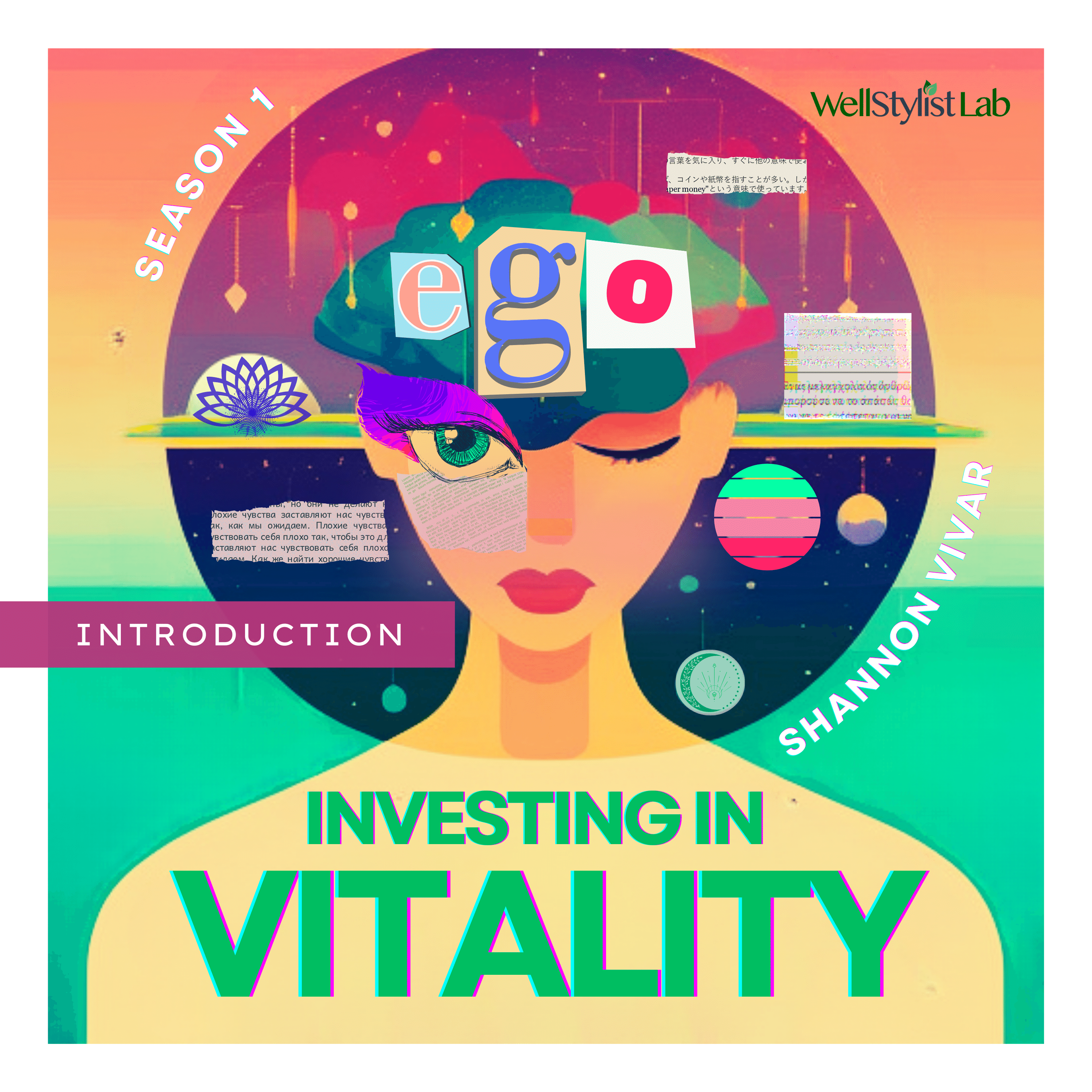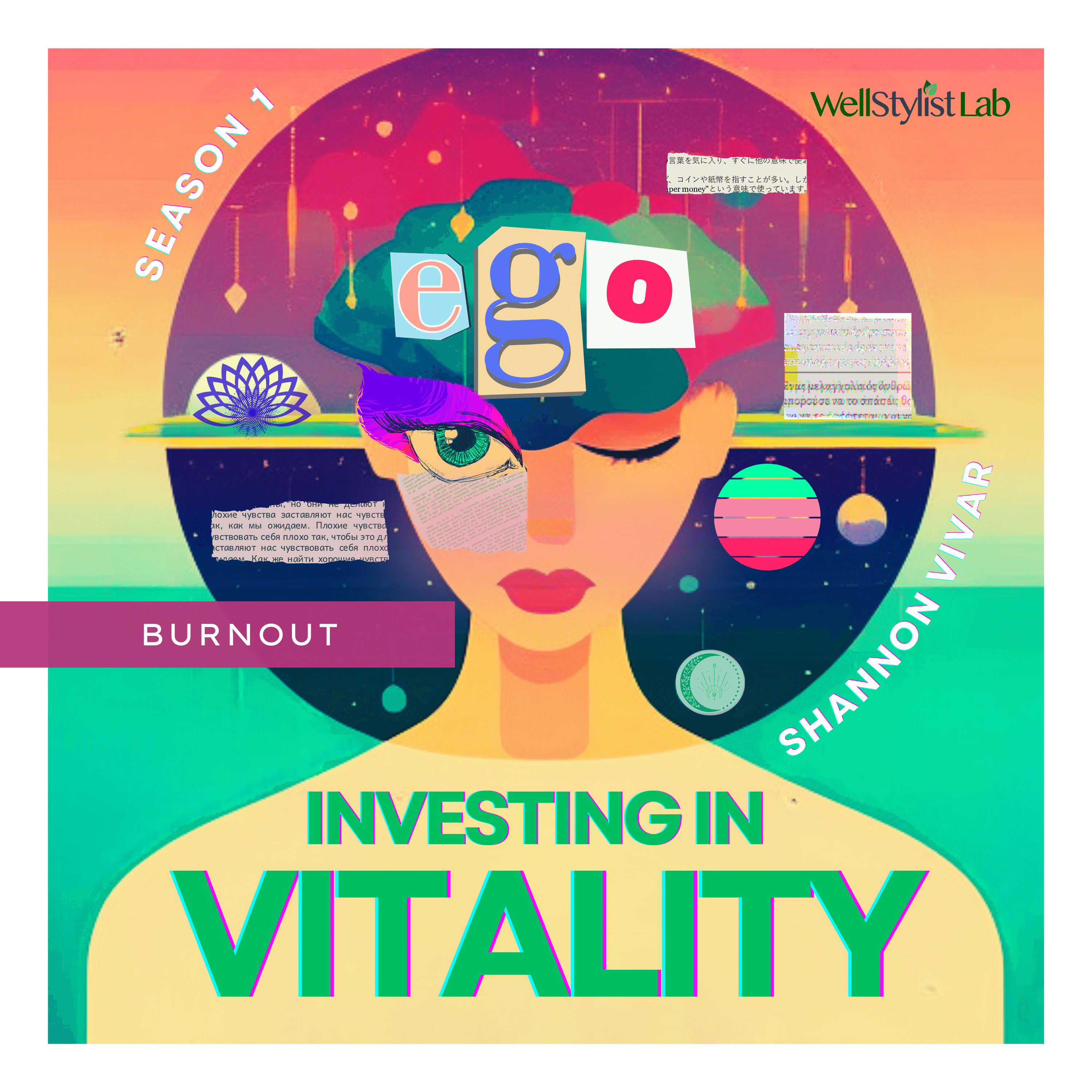Women face unique health needs - not just from reproductive health but also in a wide range of diseases that affect women disproportionately or differently than men. This episode highlights how women are underserved by the current state of medical research data and market investments in biopharma innovation and the emerging industry of FemTech. It shatters the labels of being superwoman, broken, and calls out the stifled voice women have in sexual health. Brace yourself for eye-opening statistics from Women's Health Access Matters, Kerry Health & Nutrition Institute, McKinsey, and Deloitte. And get ready to be inspired by our special guest speakers, Dr. Cheralyn (Chez) Leeby, Dr. Meg Longyear, and Aspen Vazquez RN.
View Full Transcript
Episode Transcript
Despite significant advancements in medical science, it often feels like women's health and wellness remain shrouded in mystery. We navigate our health journeys groping in the dark, like we are operating our bodies without owner manuals. And to some extent, we've been mistakenly led to believe that women and men experience illness and disease in similar ways.
And that the only unique health needs we have as women relate to reproductive health. This topic gets even more complex and nuanced when we co mingle sex and gender biases and politicize women's right to adequate health care. On today's episode, we take a more holistic look at the state of women's health and wellness and what we truly need to thrive.
On average, women generally outlive men.
Yet this longer lifestyle does not necessarily equate to a higher quality of life. Women face a number of unique health challenges that are often ignored or downplayed. Many women experience chronic pain, hormonal imbalances and autoimmune diseases at disproportionate rates compared to men.
Additionally, women suffer more from mental health issues such as depression and anxiety, or at least they seek help more often than men. All of these factors highlight the need for better understanding of women's health and wellness. One major issue is that women have been underrepresented in medical research and clinical trials.
For many years, medical studies were conducted exclusively on men, leading to a limited understanding of how diseases and treatments may affect women differently. This gender gap in research data has had serious consequences for women's health, resulting in misdiagnosis and mistreatment. According to the Cary Health and Nutrition Institute, it takes, on average, four years longer for women to be properly diagnosed in over 700 diseases
For example, take cardiovascular disease. It is the number one killer of women in the U. S., but only one third of participants in clinical trials are female. According to Women's Health Access Matters, women are 50 percent more likely to die within one year of a heart attack. This nonprofit collaborative of scientists, researchers, and medical professionals focus on diseases that affect women differently and disproportionately in the areas of brain health, heart health, autoimmune response, and cancer.
Their research shows that investing $350 million in accelerating women's health research generates $14 billion to our economy
Women make up 60 percent of the workforce and 65 percent of the unpaid workforce of caregivers. means that their health and well being affects others in both the family and the broader community, from children to co workers to disabled and elderly populations. I mean, if you think about it.
That has to be part of the reason why making a small investment in research gives such a huge impact to our economy. I'm going to pause to interject a little personal reaction because that is a significant return on investment. I was really floored at my research. I was expecting that after 30 years of requiring females to be included in federally funded medical research and clinical trials, there would be much more progress than there is.
But say you go, okay, we've got some work to do on that front. What about women's specific health considerations?
Most of my life, women's health was reduced to gynecology and the annual women's well exams that check up on our hormone and reproduction health.
I mean, the life stages that women go through from the start of menstruation, all the way through menopause blatantly show the difference in men and women's health and physiology. So I was surprised that only 5 percent of the $198 billion of research and innovation in healthcare in 2020 was dedicated to female specific conditions, according to a study by McKinsey.
And 4 percent of that was related to cancer. Let's do the math. And see if you're as shocked as I was. So that means biopharma spent about $7.9 billion on research and innovation related to women oncology, breast cancer, ovarian cancer, cervical cancer. Now compare this to the global beauty ad spend in 2022, which was $7.7 billion.
It's no wonder women feel like we're going crazy sometimes, and we have all these feelings of despair. Many women do not feel that doctors listen to them when they have symptoms that are unexplainable or perceived as a form of weakness. I spoke with a panel of women leaders in healthcare recently.
Listened to the conversation we had about the superwoman syndrome and the concept of being broken.
we all know that there's a lot of stress going on in the world that's inevitable, male and female.
But women, we tend to take on more responsibilities, especially if we're taking a full time job, we're working, we've got kids, we've got the household, all these things. But what are we doing to take care of ourselves and support ourselves so that we can have normal cycles, normal sleep routines, all of these things that we expect that we should be able to maintain, but we can't because our bodies are being pulled in so many different directions and we're not being able to support them in the ways that we need to.
So that's the biggest thing that I see and how important that their body can respond and keep up and they're not having that dis ease and that breakdown in their body down the line because they've pushed, pushed, pushed.
Without having any kind of support. So you're talking about Superwoman syndrome? Yeah, I like that. Super. Yes, we need capes. Great answer.
One of the things with that too is you're not broken. A lot of people, I feel like slap that label and I know I did too. Right. I'm broken. Right. You're not, and I love that you said that you have to do the work and it's uncomfortable and it sucks sometimes.
But it's so empowering when you realize that you are your best doctor. You know what your body needs. The doctors will give you medications and stuff to help, and I agree that there's a time and a place for medication, definitely. But just to keep throwing meds on things, you're not getting to the root.
And I love that you said, You're not broken, because a lot of people do identify themselves as being broken.
And when we talk about financial gain, there's a huge financial gain out there targeted towards people who think that they're broken. You need all the pills, all the supplements. Exactly. Yeah. I love that you said that too, because, yes, , people profit off of us being broken, but I also feel like in my past practice, I was dictated by insurance and I had to diagnose, right?
I no longer do that because I don't like giving somebody a broken label. We're not that. We struggle with things and sure we can meet these symptoms, you know, these 10 things that we struggle with, but that doesn't mean that's a lifelong thing and it also doesn't mean it needs a pill necessarily.
And it also doesn't mean that that's identifying of who we are. And that's what has happened is it becomes. Oh, I'm this, not I struggle with, but I am this, I am depressed or I am ADD or I am whatever. And that's just not true.
That was Dr. Meg Longyear, Dr. Chez Leiby, and Aspen Vasquez, a registered nurse. We met in Jacksonville Beach, Florida to discuss women's wellness and navigating the joys and stresses of the holidays.
Another thing that we talked about was hormonal health this is the other 1 percent of the biopharma innovation research spend that covers everything from fertility to menopause. Painful menstrual cycles are not normal and conditions like endometriosis and PCOS can be managed and treated.
Listen to Aspen talk about her personal experiences.
I Know my cycle, and I don't mean my menstrual cycle. I mean, my cycle as, you know, as a person.
So like you said, being accountable, being self aware, and then really seeking the knowledge. Because I do feel like The knowledge is out there. I can say from my personal experience that there are, a lot of healthcare leaders that are advocates for us and for women's health and that are aware of how those imbalances of hormones and, you know, the stress levels.
Can really contribute to some of what they call the autoimmune, disorders, our body really attacking themselves and the blockages that that can create that's what really got me into holistic wellness was needed to find something to help with the symptoms that I was feeling from my condition.
And that's when I found acupuncture, which was an amazing thing. And then that led me to dig more and find more knowledge and then educate other girls. Your cycle is really not supposed to feel like this because we grow up thinking that that's supposed to be a painful experience.
When it comes to trends that are coming out in wellness, those companies that are supporting women's sexual health is important. lot of times we don't think about or speak about that in polite company. , femtech is trying to bridge the gender gap in data through digital platforms, behavioral health, virtual health, and wearable devices and apps.
But these new companies are often experiencing barriers to market, either through investment or online censorship due to social norms, conservative political views, and sex health policies. investments in the Femtech industry are just starting to emerge, but capital investments remain relatively low as almost 90 percent of investment decisions in 2021 were made by men. Stigmas and taboo perceptions of women and sexual health are at the core of these challenges.
Next week, I will share a bonus episode of my conversation with Natalia Pershina discussing how ultimately women's health and wellness relate to self love. The following week, we will be discussing mindfulness and mental health.
Thank you for listening, and a special thank you to our panelists and event sponsors.
The conversations I had with these remarkable women touched on everything from self-care to finding joy. These topics align very well with the focus areas we'll be working with in the new year. So if you wanna transform your life and incorporate wellness into your leadership style, check out the Vitality Exchange Collective's new Conscious Leader Wellness Program.
This seven month program starting in early 2024 helps leaders explore a new definition of success, one that incorporates wellness and daily decisions of embracing joy in our everyday lives at home and at work.





